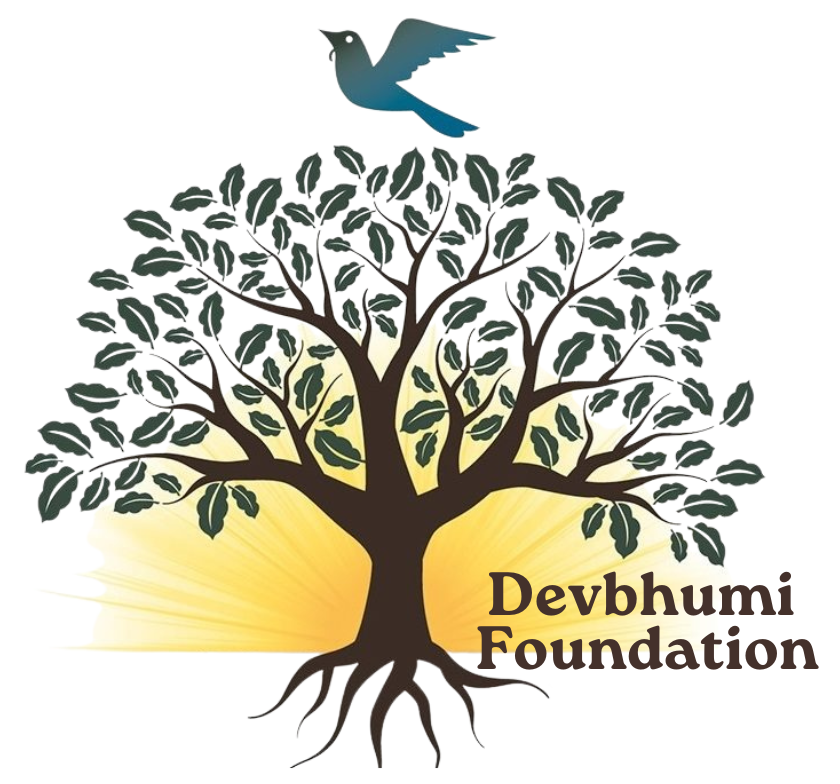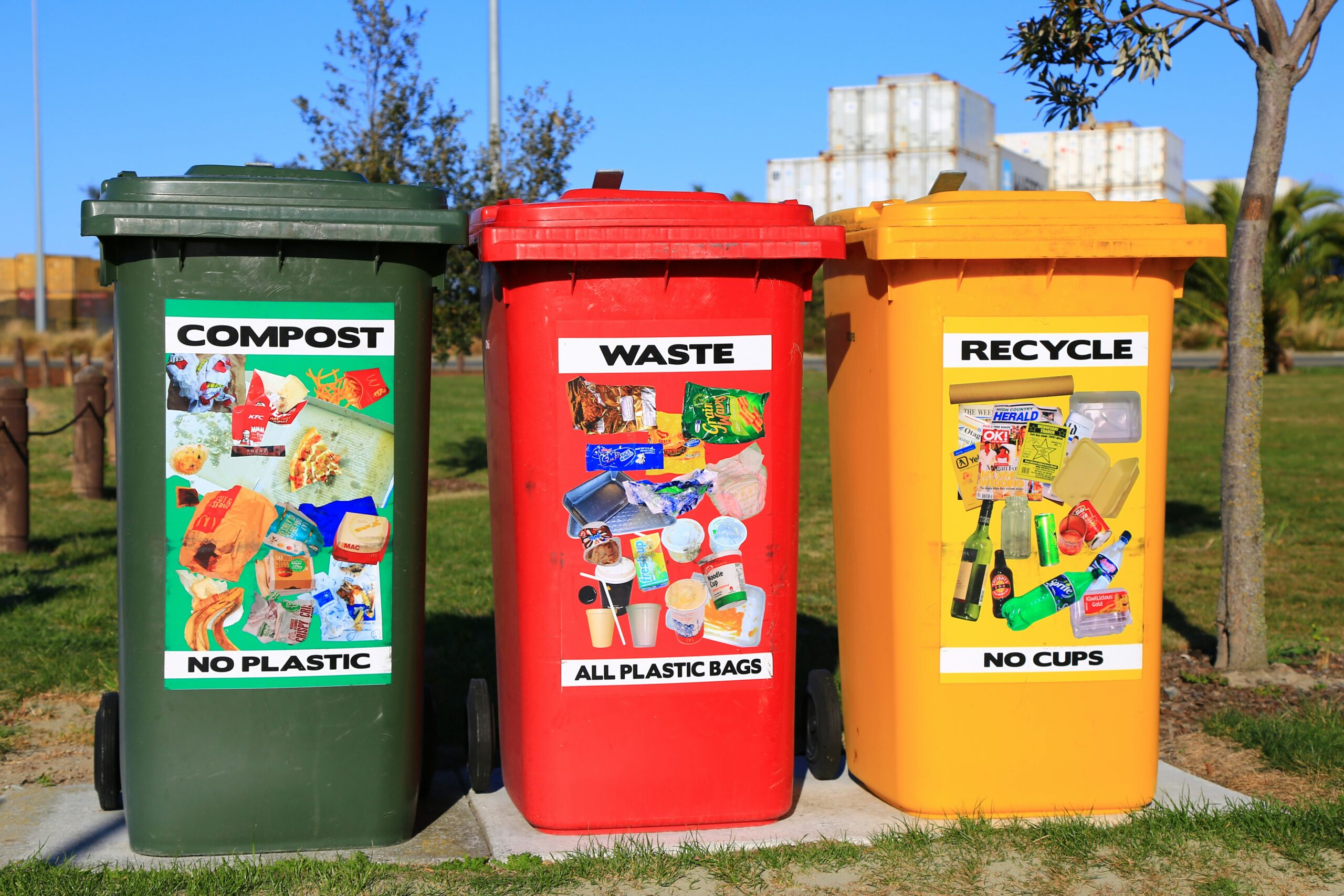Promoting Educational Opportunities Education is a fundamental pillar in the empowerment of women and the advancement of gender equality in India. By providing women with educational opportunities, we can foster a more inclusive and equitable society. Recognizing the transformative power of education, numerous initiatives and programs have been introduced to improve access to education for women across the country. One of the most notable government schemes aimed at enhancing female education is the Beti Bachao Beti Padhao (BBBP) initiative. Launched in 2015, this program aims to address the declining child sex ratio and promote the education of girls. The BBBP initiative focuses on changing societal attitudes towards girls, improving their educational opportunities, and ensuring their survival and protection. As a result, many girls who would otherwise be denied an education are now attending school and pursuing higher studies. In addition to government initiatives, numerous non-governmental organizations (NGOs) and community-based efforts play a crucial role in supporting female education in India. These organizations work tirelessly to provide resources, scholarships, and mentorship programs to girls from underprivileged backgrounds. For instance, NGOs like Pratham and Educate Girls have made significant strides in bridging the gender gap in education by enrolling girls in schools and supporting their academic journey. Despite these efforts, several challenges persist in ensuring equitable access to education for girls and women. Socio-economic barriers, cultural norms, and safety concerns often hinder girls from attending school. Additionally, rural areas face a shortage of schools and qualified teachers, further limiting educational opportunities for …
Promoting Educational Opportunities
Education is a fundamental pillar in the empowerment of women and the advancement of gender equality in India. By providing women with educational opportunities, we can foster a more inclusive and equitable society. Recognizing the transformative power of education, numerous initiatives and programs have been introduced to improve access to education for women across the country.
One of the most notable government schemes aimed at enhancing female education is the Beti Bachao Beti Padhao (BBBP) initiative. Launched in 2015, this program aims to address the declining child sex ratio and promote the education of girls. The BBBP initiative focuses on changing societal attitudes towards girls, improving their educational opportunities, and ensuring their survival and protection. As a result, many girls who would otherwise be denied an education are now attending school and pursuing higher studies.
In addition to government initiatives, numerous non-governmental organizations (NGOs) and community-based efforts play a crucial role in supporting female education in India. These organizations work tirelessly to provide resources, scholarships, and mentorship programs to girls from underprivileged backgrounds. For instance, NGOs like Pratham and Educate Girls have made significant strides in bridging the gender gap in education by enrolling girls in schools and supporting their academic journey.
Despite these efforts, several challenges persist in ensuring equitable access to education for girls and women. Socio-economic barriers, cultural norms, and safety concerns often hinder girls from attending school. Additionally, rural areas face a shortage of schools and qualified teachers, further limiting educational opportunities for girls. To address these issues, ongoing efforts are needed to improve infrastructure, raise awareness about the importance of girls’ education, and create safe learning environments.
Overall, promoting educational opportunities for women in India is essential for their empowerment and the achievement of gender equality. Through continued government support, NGO initiatives, and community involvement, we can overcome existing barriers and ensure that every girl has the chance to receive a quality education, unlocking her full potential and contributing to the nation’s progress.
Enhancing Economic Participation
Economic participation stands as a cornerstone of women’s empowerment in India, driving both individual and national progress. Women’s involvement in the workforce not only contributes to the economy but also fosters greater gender equality. Recognizing this, various initiatives have been implemented to bolster women’s economic engagement. Among these measures, skill development programs play a pivotal role in equipping women with the necessary competencies to thrive in diverse industries.
Entrepreneurship opportunities have emerged as a significant avenue for women to achieve financial independence. Government schemes and private sector initiatives offer support in the form of funding, mentorship, and training, enabling women to start and sustain their own businesses. Furthermore, self-help groups (SHGs) have proven instrumental in empowering women economically. These groups facilitate access to microcredit, encourage savings, and provide a platform for women to collectively address economic challenges.
Despite these advancements, women in India continue to face notable barriers in the labor market. Wage disparities remain a pressing issue, with women often earning significantly less than their male counterparts for comparable work. Workplace discrimination, including biases in hiring and promotion practices, further hinders women’s economic progress. Addressing these challenges requires comprehensive policies and robust enforcement mechanisms.
Several policy interventions aim to mitigate these obstacles. The implementation of equal pay legislation strives to bridge the wage gap, ensuring fair compensation for all workers irrespective of gender. Anti-discrimination laws and workplace harassment policies are designed to create a safer and more equitable work environment for women. Additionally, initiatives promoting flexible work arrangements and childcare support are crucial in enabling women to balance professional and familial responsibilities.
In conclusion, enhancing women’s economic participation is essential for advancing gender equality in India. By continuing to address wage disparities, workplace discrimination, and fostering supportive infrastructures, the nation can pave the way for a more inclusive and prosperous future.
Ensuring Legal Rights and Reducing Gender-Based Violence
The legal framework in India has seen significant reforms aimed at protecting women’s rights and reducing gender-based violence. A cornerstone of these efforts is the Protection of Women from Domestic Violence Act, 2005, which provides comprehensive measures to safeguard women from domestic abuse. This legislation not only addresses physical violence but also encompasses emotional, economic, and sexual abuse, reflecting a holistic approach to women’s safety within the home.
Another critical piece of legislation is the Sexual Harassment of Women at Workplace (Prevention, Prohibition, and Redressal) Act, 2013, designed to create safer working environments for women. This law mandates the establishment of Internal Complaints Committees (ICCs) within organizations to address complaints of sexual harassment, thereby institutionalizing a mechanism for redress and accountability.
Despite the existence of these robust laws, the challenge lies in their effective implementation and enforcement. Various barriers, such as societal norms, lack of awareness, and inadequate support systems, impede the realization of these legal protections. To address these issues, both government and non-governmental organizations have launched numerous initiatives to raise awareness about women’s legal rights and provide support to victims of gender-based violence. Campaigns like “Beti Bachao, Beti Padhao” and “One Stop Centres” offer educational resources, legal assistance, and psychological support to women in need.
Furthermore, the judiciary has been proactive in interpreting laws to benefit women. Landmark judgments have set precedents that reinforce women’s rights and condemn gender-based violence. However, systemic issues such as lengthy legal procedures and insufficient sensitivity training for law enforcement personnel remain significant hurdles.
Ongoing efforts to ensure justice for women include training programs for police officers, judges, and other stakeholders involved in the legal process. Additionally, the promotion of gender sensitization programs and community engagement initiatives are critical to fostering an environment where women’s rights are respected and upheld.
Increasing Political Representation
Women’s political representation is a crucial component in advancing gender equality in India. Historically, women’s participation in politics has been limited due to various socio-cultural barriers and systemic challenges. However, in recent years, there has been a notable increase in the number of women participating in various levels of governance, including local bodies, state legislatures, and the national parliament. This participation is significant because it underscores the growing recognition of women’s roles in shaping public policy and governance.
Currently, women hold 14.4% of the seats in the Lok Sabha, India’s lower house of parliament, and 11% in the Rajya Sabha, the upper house. While these figures represent progress, they also highlight the need for further efforts to achieve gender parity in political representation. At the local governance level, the implementation of reservation policies has been instrumental in increasing women’s participation. The 73rd and 74th Constitutional Amendments, which mandate a one-third reservation for women in Panchayati Raj Institutions and Urban Local Bodies, have significantly enhanced women’s involvement in grassroots politics.
Efforts to bolster women’s political representation extend beyond reservation policies. Leadership training programs and capacity-building initiatives are essential in equipping women with the skills and confidence needed to navigate the political landscape effectively. Organizations and governmental bodies are increasingly focusing on mentoring and supporting potential women leaders, thereby fostering an environment conducive to women’s active participation in politics.
The impact of women’s representation in politics is far-reaching. Women leaders often bring unique perspectives and experiences to the table, which can lead to more inclusive and equitable policy-making. Issues such as healthcare, education, and social welfare, which disproportionately affect women, are more likely to receive attention and resources when women are part of the decision-making process. Furthermore, women’s political participation serves as a catalyst for broader societal progress, challenging traditional gender norms and promoting gender equality across various sectors.
Sign up for free class
It’s easy and free!



